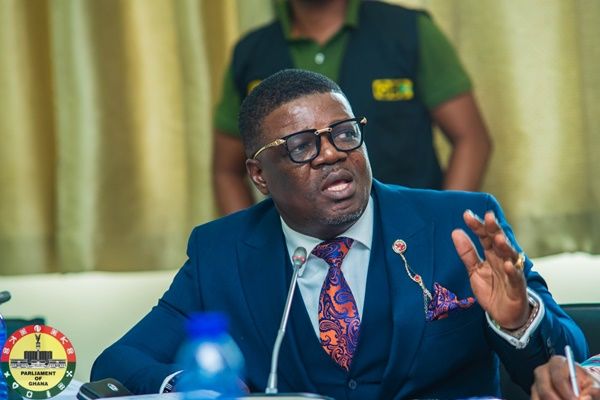A constitutional lawsuit has been filed at the Supreme Court challenging the exclusive constitutional recognition granted to the Ghana Bar Association (GBA), in what could become a landmark case with far-reaching implications for Ghana’s legal and governance landscape.
The suit was brought by Rockson-Nelson Dafeamekpor, Member of Parliament for South Dayi, along with Israel Tetteh, a private legal practitioner, and the Ghana Law Society. The Attorney-General and the GBA are named as defendants.
At the heart of the case is the plaintiffs’ argument that the references to the “Ghana Bar Association” in the 1992 Constitution should not be interpreted as referring exclusively to the current private voluntary association known as the GBA. Instead, they argue the term should be understood as a generic umbrella for all associations of lawyers in Ghana.
The writ highlights several constitutional provisions that grant roles to the GBA in key judicial appointments and governance structures — including the appointment of Supreme Court judges (Article 153(f)), Court of Appeal judges (Article 157(1)(c)), and members of the Judicial Council (Article 201(e)). The plaintiffs contend that assigning these functions to a single private body violates the rights of other legal professionals and associations.
They argue that this arrangement breaches Article 17 of the Constitution, which guarantees equality and protection from discrimination, and Article 21(1)(e), which affirms freedom of association.
According to the writ, “Any settlement of constitutional powers, rights, roles or privileges on the current ‘Ghana Bar Association’… forecloses rival associations of lawyers from equal recognition and participation in the public constitutional space.”
The plaintiffs are seeking several declarations from the Supreme Court, including a redefinition of constitutional references to the GBA and an order restraining the current association from presenting itself as the exclusive body referred to in the Constitution.
If successful, the case could lead to a fundamental reinterpretation of the GBA’s role in Ghana’s legal and constitutional order, potentially opening the door for pluralism in legal representation and participation in public legal governance.








